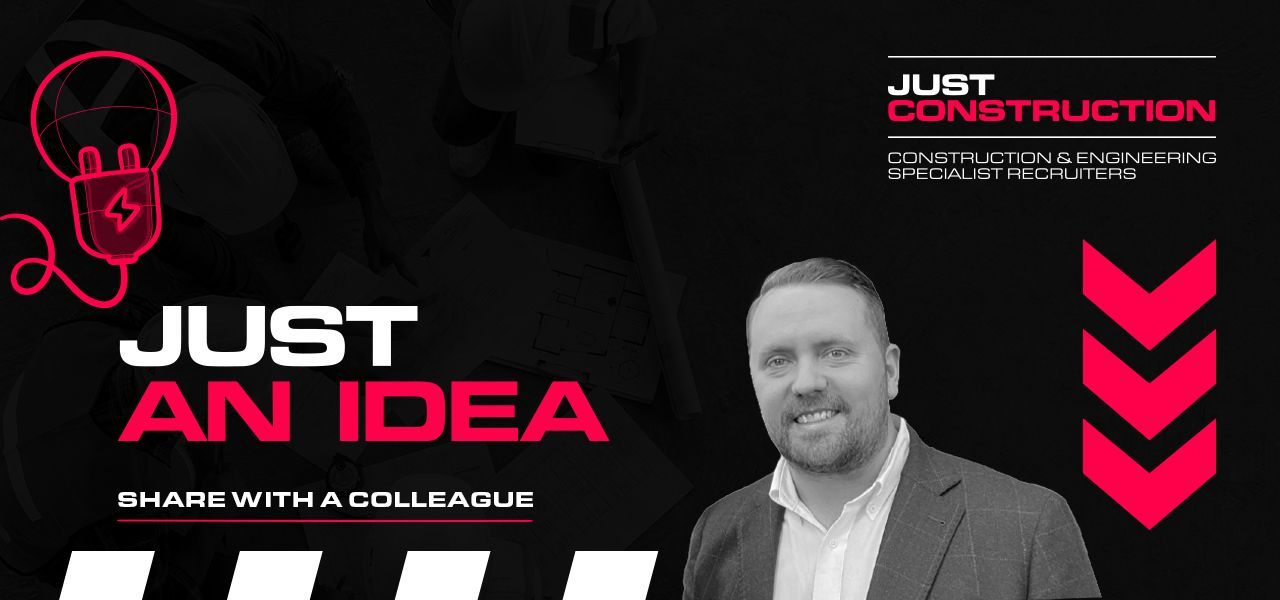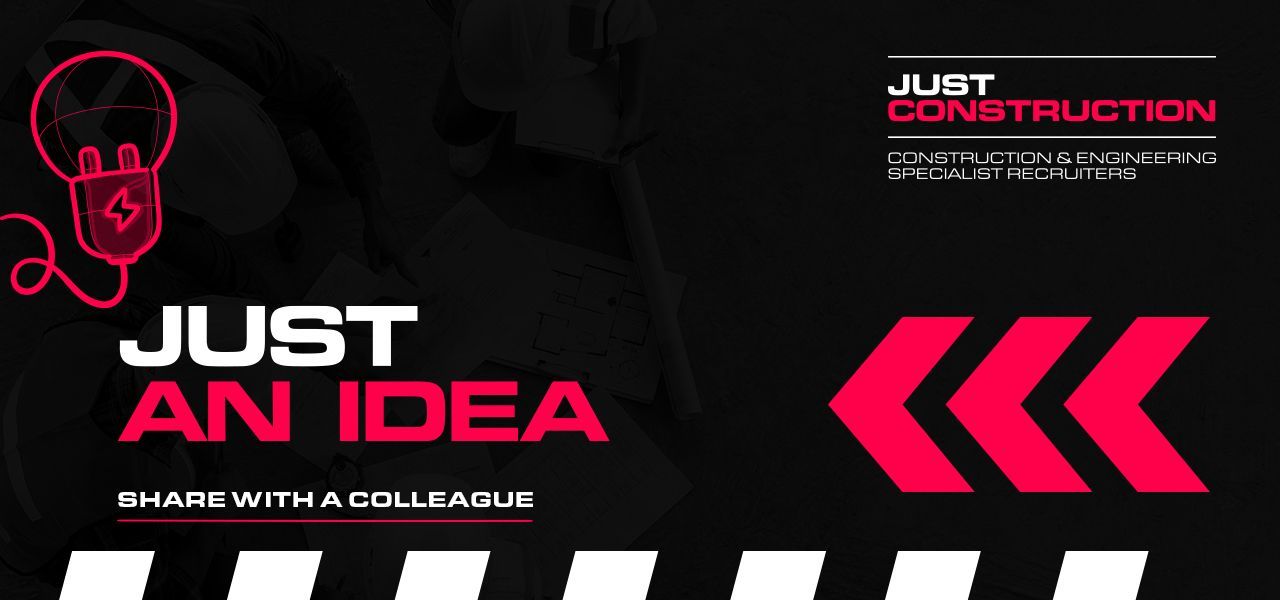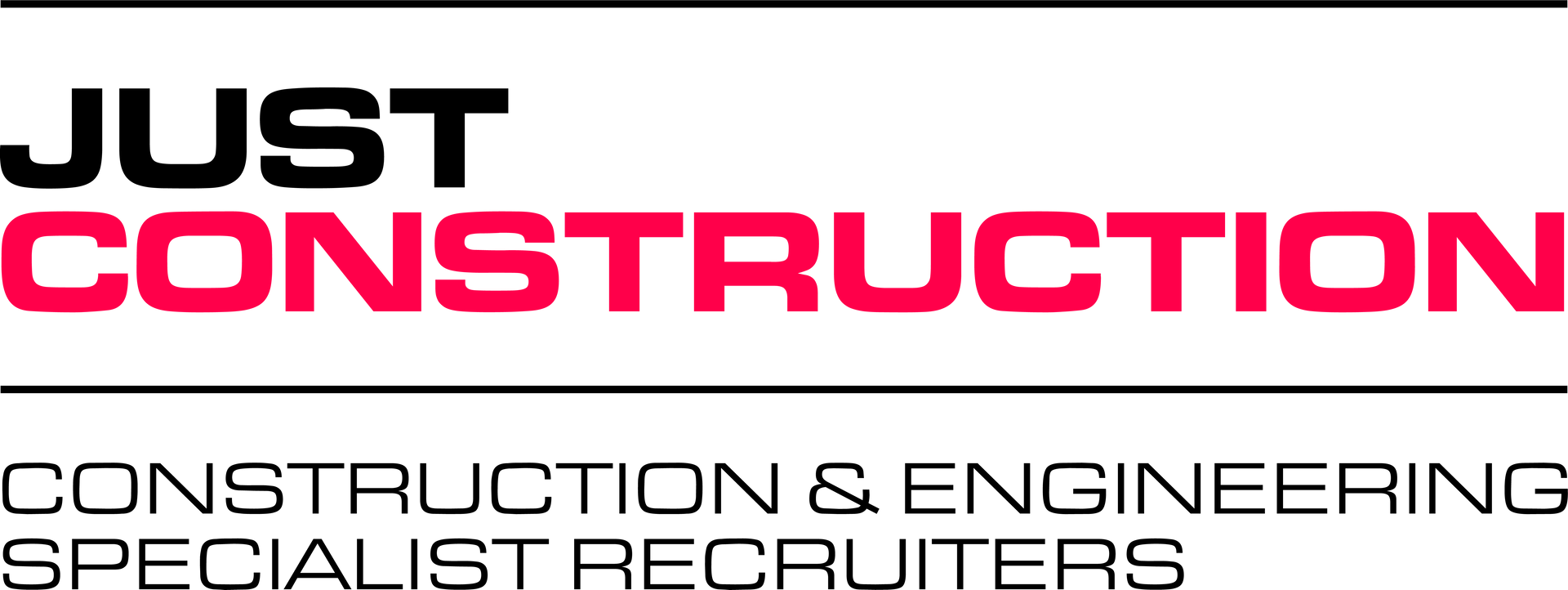HINTS, TIPS and QUESTIONS – PREPARING FOR AN INTERVIEW
July 4, 2023
If you have successfully made it to the interview stage of the recruitment process, you may be wondering what you can do to increase your chances of landing that dream job. Now, while there is no way of predicting what questions you will be asked during the interview, there are several ways in which you can prepare for it and ensure you make a great first impression. Here are our top tips for interview success.
Stage 1 Interview Preparation
A successful interview wholly relies on being well prepared. As an interviewee, it is impossible to know what is going to be thrown at you, so it makes sense to be prepared for any scenario. The following is a list of areas to thoroughly research and plan for before the day of the interview:
Research the Company
- Conduct detailed research on the organisation, look at their website, even a few general facts about the company will stand you in good stead during the interview, which will help convince the interviewers your desire for joining their company
- Take the time to identify two or three of the company’s main competitors, as you may be asked about this in the interview. This is a common interview question, as the answer will often reveal how much research a candidate has undertaken beforehand.
The Professional Look
- Always make sure your personal presentation is of a high level. From your ‘suit’ and ‘shoes’, to your ‘eye contact’ or ‘handshake’ – first impressions count
- If a client is interviewing 3 candidates all with similar backgrounds then the candidate that gives a good first impression, is engaging, knowledgeable about the company and shows a passion for the industry will generally be the chosen candidate, so bear that in mind!
Prepare your Answers
- Prepare your answers for the type of questions you’ll be asked. Be ready to justify why you want the job, why they should hire you, what your strengths / weaknesses are and how you can add value to their business.
Prepare your Questions
Take full advantage of the opportunity to ask questions. Asking good well-prepared and researched questions is your chance to demonstrate why you are better than the other candidates. Think before the interview what great questions would the successful candidate ask? And then be that person. Example questions: o What are some of the objectives you would like to see accomplished in this job?
- What are some of the challenges one would have to face in this position?
- What long term career opportunities are available to a successful employee?
- What do you see the company achieving in the next 3 years?
Prove your Track Record
- Make sure you have clear and concise evidence of what you have achieved in the past. Prepare a case study that it is relevant to the position on offer and which will demonstrate / highlight your achievements and skills to the interviewer.
Review your Objectives
- Review your personal objectives and be able to speak openly and honestly about them and how you plan to achieve them.
Be Positive
- Adopt an enthusiastic, alert, positive mind-set. Use the phrases; I want to be, I will be, I am.
Sell Yourself
- By now the interviewers will have told you exactly where the company is going and what kind of person they are looking for. Use this valuable information to sell yourself into the role focusing on the areas the decision maker has highlighted.
State your Interest in the Role
- Summarise, stating why you would be right for the role, let the interviewer know why you want the role and why you think you will succeed using all the information the decision maker has given you.
Closing the Interview
- Express your interest in the opportunity and how impressed you are with what you have seen so far. Tell the interviewers that company’s plans are exciting, and you would like to be part of their continued success.
Interview Questions
Common Interview Questions
- Tell me about yourself / your work experience
- This is usually the opening question for most interviews and can be one of the most important. First impressions are key, so keep it brief – know your CV inside out and focus on delivering a one to two-minute advertisement for yourself, highlighting the key achievements in your employment history. Know what you want to say and how you are going to say it beforehand
- You know what the position is that you are interviewing for, so when asked this question, make sure your experience ties in with what the company are looking for.
- What are your strengths / weaknesses?
- This question is often seen as challenging by many candidates, even those with significant experience. However, if approached correctly it is easily possible to avoid ‘bragging’ when discussing your strengths or seeming excessively negative when talking about your perceived weaknesses
- The idea here is to make a strength a weakness, something like “I am sometimes to particular about detail on a project, some people say that’s an
Strengths
- Choose three examples of traits the employer is looking for (this can usually be found on their company website in the ‘About Us’ page) and give examples of how you have used these strengths in a work situation. Ideally, include a mixture of tangible skills, such as technical or linguistic abilities, and intangible skills, such as management experience.
Weaknesses
- The best approach here is to pick a trait that you have already made positive steps to address. • Consider how you have approached your perceived weaknesses in the past and what you have done to address them. • If your IT ability is not at the level it could be, state this as a weakness before telling the interviewer about training courses or time spent outside work hours you have used to improve your skills.
Why should I hire you?
- Focus on your assets – what makes you different and where do your major strengths lie? Outline what you can offer in terms of experience, personality and enthusiasm
- Make sure you address the qualities the employer has stated they are looking for in the Job Description and provide specific examples of what you have done so far in your career that demonstrates how you are particularly suited for the role.
- What are your goals? Where do you see yourself in five years’ time?
- An interviewer will be impressed if you have considered your short-term and long-term goals. Talk about the kind of job you would eventually like to do and the various steps you will take to get there.
- Always relate this back to the position you are interviewing for and be realistic in terms of your aspirations. Avoid telling the interviewer that you want their job.
Why do you want this job?
- Do your research – this gives you the chance to discuss all you know about the job and the company and why you are a good match for them. The interviewer is listening for an answer that indicates you have given this some thought, so do your homework properly
- You should have a good inside knowledge of the company’s values, mission statement, development plans and products. Describe how your goals and ambition match the company ethos and how you would relish the opportunity to work for them.
- What are your salary expectations?
- While you should never mention salary unless asked or prompted, it’s important to understand the value of someone with your skills. Be flexible – indicate that you are willing to negotiate for the right opportunity and confirm that you value the position strongly
- All too often, problems arise from pricing yourself out of the position or stating a figure less than the company is willing to pay. If a guideline salary has been provided with the job description, you could mention this and say it’s around the amount you’re looking for.
Questions to Ask During the Interview
Why has this position become available?
- Understanding why a position has become available is important – the previous incumbent may have left, or the role could be newly created to meet the service demand. This will inform you about the management and growth expectations of the company.
What do you like about working for this company?
- Gaining an insight into someone that is already part of the company will help you to find out more about whether the cultural fit is what you are looking for as the interviewer is likely to step out of a corporate role
- Candidates should aim to demonstrate that they have thought about the role beyond what may be have been covered over the course of the interview.
- Showing an interest in what the interviewer thinks of the working culture of the company effectively demonstrates that you are considering aspects of the role beyond the job description.
How will my success be measured in this role?
- This is useful to know as each business operates differently. It will show what type of approach the company takes with its employees and is useful for you to think about whether the approach suits you as a person.
What can I expect in terms of development and support?
- This question will show that you are keen on growing, learning, and staying with the company. It will also allow you to find out more whether the role offers what you are looking for in the long-term
- By outlining your career goals and seeking to understand how your potential can help you achieve them you can demonstrate your reliability and commitment, assuring the employer that you are a viable long-term investment.
Where does the job fit into the team structure?
- Understanding the way you will support and interact with the rest of the team will be important to your success in any role and showing an interest in this early on shows your employer that you recognise the importance of collaboration at work.
- This line of questioning will provide you with the chance to see how you can progress within the team and give you an opportunity to understand the team you will be a part off.









